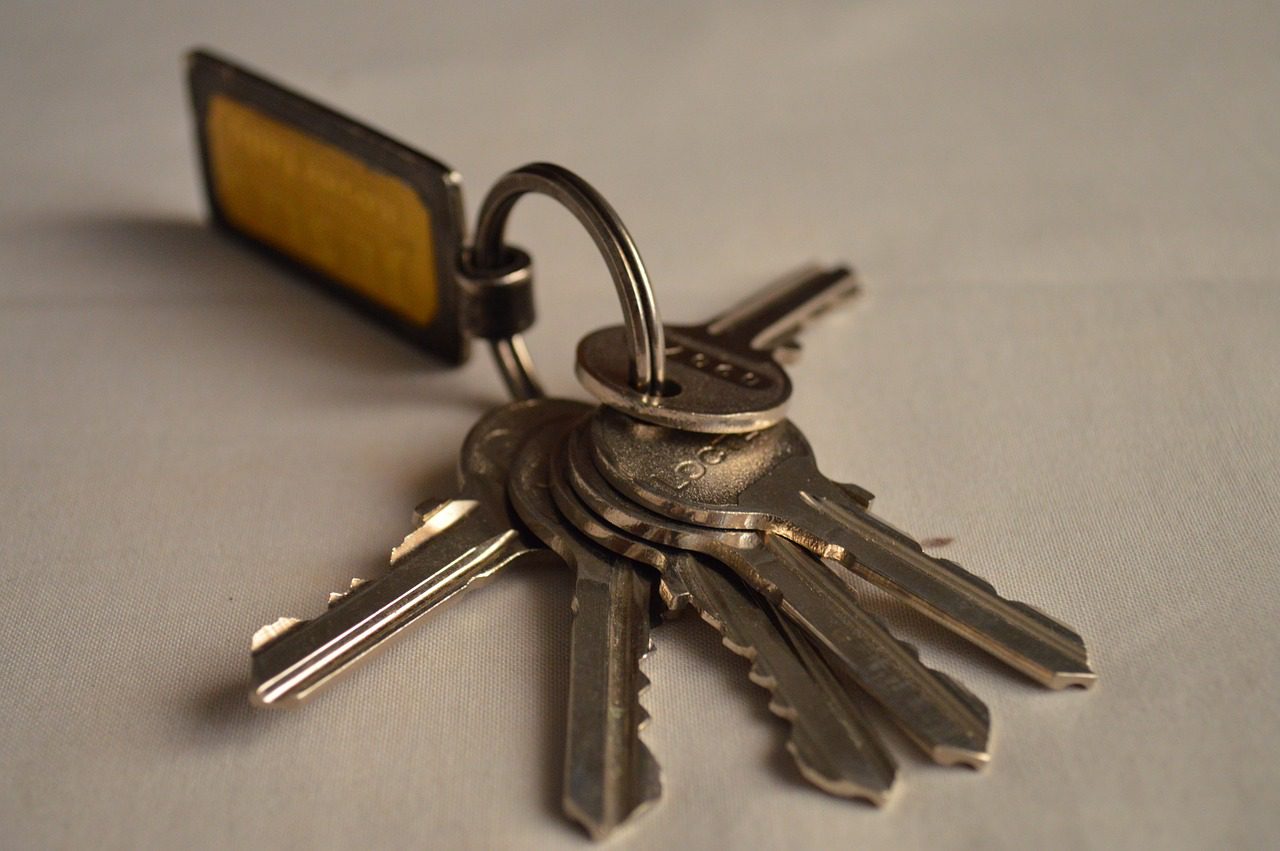From accidental landlords to those wanting to embark on buy-to-let as a business, renting out property can be extremely rewarding.
Choosing to become a landlord is a big decision, with great benefits as well as an array of challenges that need to be considered. It’s a big responsibility, whether you own one property or several, so gaining some insight into what you can expect is essential.
The right property
For homeowners and landlords alike, choosing the right property in the first place is one of the biggest steps. Research the local market, look at trends and keep an eye on future investment projects that might be due to affect the area, as well as tenant demand. The price of the property will obviously depend on your budget, unless you are an ‘accidental landlord’, such as if you have inherited an additional home. Added costs such as stamp duty also need to be taken into account when deciding on your budget. While you will want to invest somewhere with the prospect of capital appreciation, achieving good rental yields is also hugely important.
Getting a buy-to-let mortgage
The buy-to-let mortgage market for first-time landlords is currently booming, with more products on the market than ever. The rates are sometimes not as favourable as a traditional residential mortgage, and affordability criteria is stricter – normally requiring the rental income to cover 125-130% of the mortgage payments. However, current low interest rates mean it’s a relatively cheap time to borrow, especially for buy-to-let landlords.
The legalities
All landlords should check whether they need a licence to operate, which may depend on the council they operate in, or the property type. Houses in multiple occupation (HMOs) are increasingly required to have licences, for example, and rules around minimum room sizes have also come into effect recently. All landlords are also legally required to store tenants’ deposits under a deposit protection scheme, while they must also supply the tenant with an up to date EPC and gas safety certificate – and all properties must now meet a minimum energy efficiency rating. Most repairs and maintenance are also the responsibility of the landlord to ensure the property meets minimum standards. More information on your responsibilities can be found here.
Paying the right tax
Tax is a complex issue, so it is important to get the right advice – which may involve speaking to a professional. Normally, you will be required to pay income tax on what you make from renting out property, but there are certain expenses you can claim, which you can find out through HMRC. On sale of a rental property, you may be required to pay capital gains tax, and if you operate through a limited company, you must ensure you pay the right corporation tax. If you are a non-resident landlord living overseas for more than six months of the year, you are still eligible to pay tax in the UK.
All about the tenants
The rental property and its location may dictate the type of tenant you are likely to attract. For example, a larger house in a suburban area will appeal most to families, while a city centre flat might attract young professionals, and target tenant should be taken into account when decorating and furnishing a property, as well as when marketing it. Either you or an agent will be able to deal with applications, including referencing and credit checks. You will need to provide tenants with a rental contract, and decide on things like whether to allow pets. The more flexible you are, the wider your choice of tenants is likely to be.
Dealing with void periods
Unfortunately, it isn’t always possible to keep a property tenanted at all times. It may take time to find a replacement tenant when one moves out, or you may need to carry out maintenance to the property in between tenancies, and you will need to be able to cover these periods financially. Having a contingency budget is sensible, to cover things such as emergency repairs or boiler replacement for example, as well as to cover void periods.
Landlords insurance
Also regarding void periods, you can take out void insurance that ensures you still receive an income when the property is uninhabited. Landlords insurance is also recommended to cover things like missed rental payments or damage to the property, as normal residential insurance is unlikely to provide full cover.
Considering self-management?
Many landlords who only have one rental property, particularly if it is close to where they live, prefer to manage the letting themselves. However, landlords can employ management companies who, for a share of the rental income, will take care of everything for you, from finding tenants, carrying out credit checks and organising contracts, to dealing with any ongoing issues during the tenancy.










